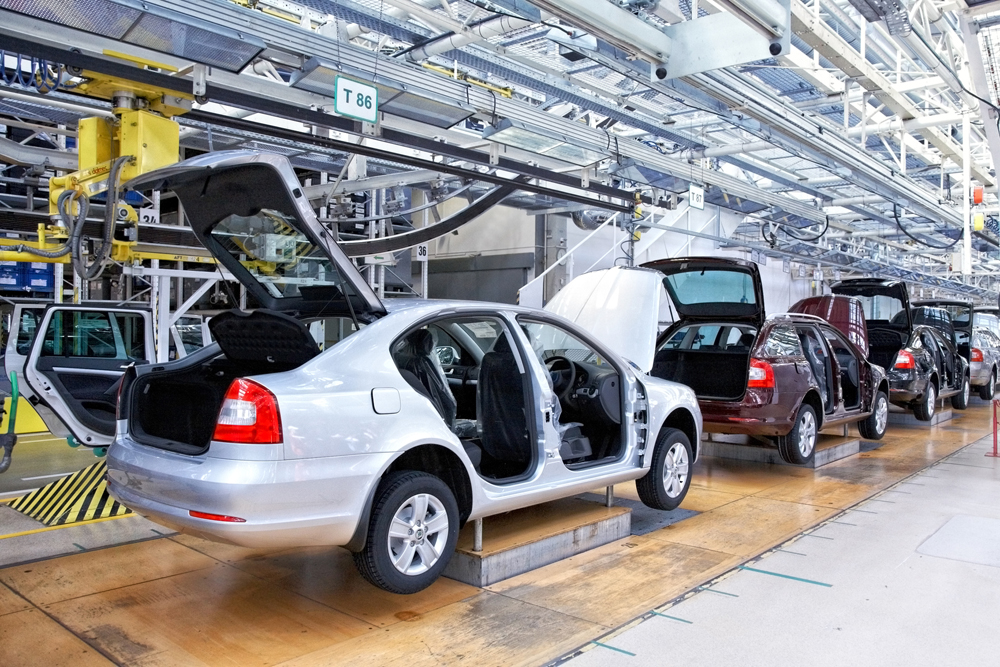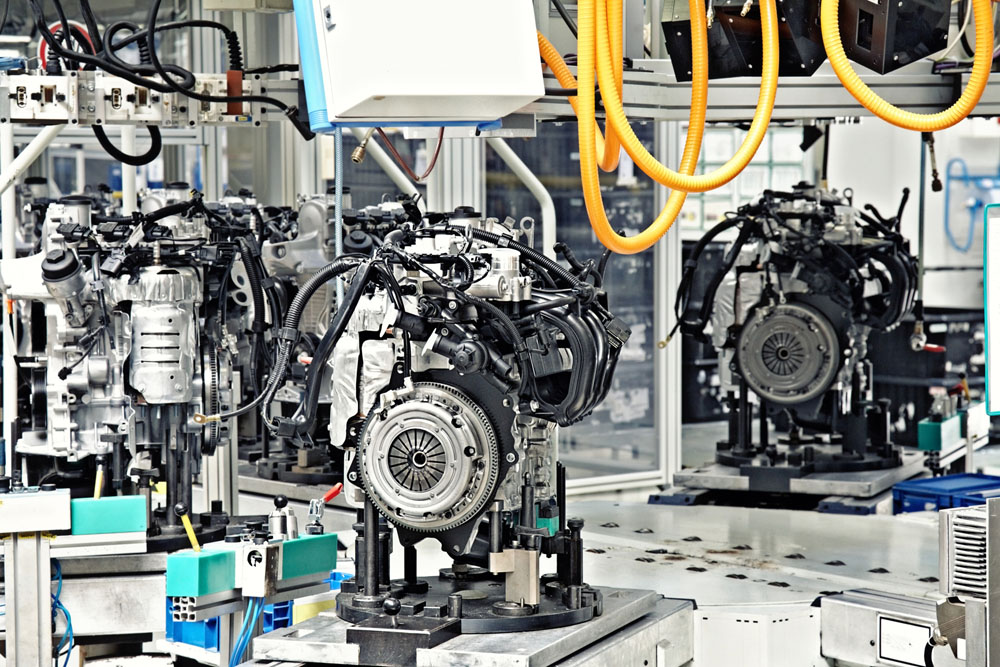¡Consigue esta oferta! Llama ahora.
Hable con un especialista en planes de protección de vehículos y obtenga $300 apagado cualquier nuevo contrato al instante.
Llamar 866-678-4172
o escanea el código a continuación

 Mercedes, BMW, Audi, conocemos estos vehículos de lujo alemanes por su nombre y marca. Las ventas han Nunca he sido más fuerte Para estos titanes de la fabricación de automóviles, ¿cómo puede ser esto posible si la economía aún busca una recuperación? ¿Se debe al estado de la economía europea o a que sus hábiles campañas de marketing finalmente han dado resultado? De cualquier manera, no se puede discutir con los resultados. En los primeros tres meses de 2014, Audi, BMW y Mercedes vendieron en conjunto, aproximadamente, 1,3 millones de vehículos en todo el mundo, un 9 por ciento más que en esta misma época el año pasado. BMW lideró con ventas de casi 451.600 vehículos en todo el mundo en el primer trimestre, superando a Audi con 438.200 y a Mercedes Benz con 429.600. En total, se han batido récords para Estas empresas.
Mercedes, BMW, Audi, conocemos estos vehículos de lujo alemanes por su nombre y marca. Las ventas han Nunca he sido más fuerte Para estos titanes de la fabricación de automóviles, ¿cómo puede ser esto posible si la economía aún busca una recuperación? ¿Se debe al estado de la economía europea o a que sus hábiles campañas de marketing finalmente han dado resultado? De cualquier manera, no se puede discutir con los resultados. En los primeros tres meses de 2014, Audi, BMW y Mercedes vendieron en conjunto, aproximadamente, 1,3 millones de vehículos en todo el mundo, un 9 por ciento más que en esta misma época el año pasado. BMW lideró con ventas de casi 451.600 vehículos en todo el mundo en el primer trimestre, superando a Audi con 438.200 y a Mercedes Benz con 429.600. En total, se han batido récords para Estas empresas.
Sin embargo, si lo piensas bien, la industria es un poco más compleja que las cifras de ventas. Hablar de ganancias sin relacionarlas con el volumen de producción es como hablar del tamaño de un vehículo sin mencionar el motor que lo impulsa. Uno suele estar relacionado con el otro.
A pesar de la creciente marea de compradores, BMW, Mercedes Benz, y Audi rara vez habla de sus constantes aumentos de precios y cualquier charla sobre mantener los costos a raya suele aparecer al final de cualquier comunicación corporativa. La mayoría de las empresas prefieren difundir las buenas noticias sobre las métricas de rendimiento y las ganancias de volumen. Ahora, cada uno de los actores alemanes del lujo parece decidido a ser el líder del lujo en términos de unidades.
Sin embargo, los enormes aumentos de ventas en realidad presentan dificultades potenciales para las marcas de lujo. Además de la ingeniería favorita de los consumidores, los interiores de cuero fino y un elegante adorno en el capó que anuncia esto como un símbolo de estatus, el atractivo de los autos de lujo nacidos en Alemania, al menos en parte, es el prestigio: el aire de exclusividad. Después de todo, estas cosas no son iPhones ni siquiera Apple Watches. Se necesitan años de esfuerzo para conseguir uno (o al menos una idea pegadiza para una nueva aplicación) e incluso más tiempo si uno está tan inclinado a tener uno adaptado a sus especificaciones.

Mientras que otras compañías automotrices parecen estar dispuestas a forjarse una reputación como una especie de comunidad acogedora, las marcas de lujo prosperan gracias al orgullo y el prestigio. Sin embargo, cada vez que uno de estos autos sale del concesionario, ese tipo de exclusividad se desvanece un poco. Existe una mentalidad de “uno de los muchos” frente a “uno de los pocos” que se impregna en la cultura automotriz y se puede ver cómo la creciente popularidad de los vehículos de lujo aviva esos sentimientos.
En el lado positivo, para aumentar sus números, Audi, BMW, y Mercedes se han orientado a atraer a grupos demográficos más diversos. Cada uno de los fabricantes de automóviles ahora tiene un modelo de nivel de entrada con un precio de alrededor de $30,000 en los EE. UU. Cuando alguien opta por un arrendamiento, en lugar de una compra, el cliente ahora se une al club de propietarios por solo unos pocos miles de dólares.
En realidad, es muy inteligente que estas empresas fabriquen más variedades de automóviles para llegar a más consumidores potenciales, algo que hacen otros vehículos de lujo como lexus De hecho, en los últimos 10 años, el número de líneas de modelos de lujo en los EE. UU. ha aumentado significativamente según Coche verdadero, una plataforma de compra de automóviles en línea. Sin embargo, esa cifra no tiene en cuenta la gran cantidad de variaciones, como los diferentes estilos de carrocería o los motores híbridos.
El vehículo más vendido de BMW, el Serie 3, se presenta en 13 variantes. Puede que ahora se sepa que estos coches son omnipresentes, pero BMW se ha asegurado de que cada comprador se sienta al menos un poco "especial". Y este nuevo enfoque ofrece muchas opciones en cuanto a precios. Se ha acabado la brecha de $10,000 entre modelos que inspiraba a un potencial comprador a abandonar la compra o a comprar el vehículo más barato.
Al igual que BMW, Mercedes ofrece, por ejemplo, siete clases de vehículos entre las que elegir, no sólo siete vehículos (clase G, clase GL, clase GLA, clase GLE, clase GLK, clase M y clase R). E incluso esas clases tienen muchas variantes. Al diversificar su línea, Mercedes ha cambiado el terreno de juego.
En pocas palabras, estas estrategias están funcionando. Sin embargo, el mercado puede ser impredecible. Ahora que existe un campo de investigación bastante sólido en relación con las amplias gamas de productos de estas empresas, es muy posible que una gama de productos en expansión pueda reducir la disposición de los consumidores a comprar. Pensemos en el principio de rendimientos decrecientes: el punto en el que el nivel de ganancias o beneficios obtenidos es menor que la cantidad de dinero o energía invertida.
El caso hipotético en el que entran en juego los rendimientos decrecientes podría explicarse tal vez: supongamos que hay compradores que se quedan atónitos con los todoterrenos de Mercedes, y es posible que simplemente opten por ellos. una empresa como Cadillac, donde encontrarán utilitarios en solo dos tamaños: regular y Escalade. Es cierto que a nosotros como consumidores nos encanta tener opciones, pero llega un punto en el que la lista de opciones y variaciones se vuelve intimidante, especialmente para aquellos que buscan vehículos de nivel más básico.
¿Están los fabricantes de automóviles alemanes lanzando demasiados vehículos de lujo? Es posible, pero hasta ahora parece que les está beneficiando. La industria automovilística está sin duda en recuperación en los últimos años, pero estas empresas deberían tener cuidado con un posible superávit o incluso una burbuja en el futuro. En última instancia, eso será lo que ocurra. factor decisivo En cuanto a quién ganará la carrera por el título de empresa de coches de lujo, no será necesariamente la empresa que haya vendido más vehículos, sino la que tenga la mejor estrategia de mercado a largo plazo.

Estamos aquí para asegurarnos de que obtenga la protección EV más completa. Por eso nos hemos asociado con Xcelerate automático para ofrecerle una cobertura Tesla transparente y confiable.
¿Quiere que nos comuniquemos con usted acerca de la cobertura XCare para su Tesla?



¡Llama y obtén un descuento de $300 en cualquier plan nuevo!
Al hacer clic en el botón, acepta que Endurance utilice tecnología automatizada para llamarlo, enviarle un correo electrónico y enviarle mensajes de texto utilizando la información de contacto anterior, incluido su número de teléfono móvil, si se proporciona, con respecto a la protección del automóvil o, en California, el seguro contra averías mecánicas. También acepta el Endurance política de privacidad y Términos y condiciones. El consentimiento no es una condición de compra y puede retirar el consentimiento en cualquier momento. Se pueden aplicar tarifas por mensajes y datos.
Hable con un especialista en planes de protección de vehículos y obtenga $300 apagado cualquier nuevo contrato al instante.
Llamar 866-678-4172
o escanea el código a continuación



Simplemente complete la información a continuación y le daremos seguimiento rápidamente con su cotización gratuita y sin compromiso.
Al hacer clic en el botón, acepta que Endurance utilice tecnología automatizada para llamarlo, enviarle un correo electrónico y enviarle mensajes de texto utilizando la información de contacto anterior, incluido su número de teléfono móvil, si se proporciona, con respecto a la protección del automóvil o, en California, el seguro contra averías mecánicas. También acepta el Endurance política de privacidad y Términos y condiciones. El consentimiento no es una condición de compra y puede retirar el consentimiento en cualquier momento. Se pueden aplicar tarifas por mensajes y datos.

Para hablar con un especialista en planes de protección de vehículos y guardar $300
Escanee el código a continuación
Alex ha trabajado en la industria de servicios automotrices durante más de 20 años. Luego de graduarse de una de las mejores escuelas técnicas del país, se desempeñó como técnico logrando la certificación de Maestro Técnico. También tiene experiencia como asesor de servicios y gerente de servicios. Leer más sobre alex